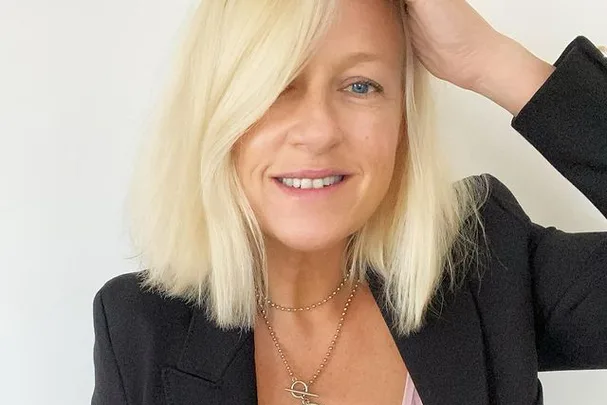You need a whiteboard to truly understand my family. Diagrams, footnotes, a cheat sheet…
I’m one of four siblings, have eleven brothers and sisters-in-law and nineteen nieces and nephews. We’re spread out across five countries, thirteen marriages… with a life cycle that began in 1940.
Thus, the need for flow charts.
Chaotic? Yes. Occasionally volatile. And fights? I’ve seen some crackers. But my family, my beautiful, crazy family is the very texture of my life. Their struggles have become lessons, their triumphs my victories—the seas are never calm, outcomes never certain but support is never far away.
Outside DNA there are common ties that bind. Beyond age, geography, and circumstance—we respect each other. Deeply. Unconditionally. It’s our creed.
Manners. Kindness. Compassion. Respect.
There are two kinds of respect. Respect for yourself and respect for others. They’re not mutually exclusive. You can’t respect others unless you respect yourself.
As a mother, I consciously model myself on my parents, who during my upbringing taught indiscriminative respect. That all actions have consequences and should be carried out with humanity and empathy.
My parents taught these values through honest conversations and demonstrated the importance by calling out moments of disrespect. If we witnessed someone being unkind my parents would explain why the circumstance was wrong and how it could be handled better.
I was very lucky to grow up in a loving and supportive environment and many Australians don’t have that privilege. From a very young age, I understood the difference between right and wrong, and the power that actions and words have when it comes to respect because I had my parents’ actions as influence.
I believe I have a social responsibility to make the most of that advantage. To create the same roadmap for my daughters, so that they too can continue this cycle.
I’m proud to be an ambassador for the Stop it at the Start campaign, which encourages adults to have conversations with young people about respect and gender equality. The concept of respect within society has changed since I was a child. In many ways, this has been for the better as more of us learn to recognise gendered and racial inequality and the impact of disrespect on community and kids. While these steps forward are a great improvement, there are still leaps and bounds needed to drive meaningful change.
That change starts in the home. With family.
An ever-growing challenge within is technology and the digital world now plays in a young person’s life. The rise of social media has created a whole new realm for disrespect to flourish. As parents, it’s important that we don’t take a bystander approach. We must recognise what apps our children are on, how they use them, and what disrespect looks like on these platforms.
Technology isn’t going away, but how we allow our children to behave online can be positively influenced, and having an open conversation is a first step in achieving this.
This National Families Week (May 15-21), I’m pausing to reflect on the impact my parents on the person I am today, and how my husband and I have model respect for our daughters. For me, respect is about raising people up. Disrespect is tearing them down.
Respect is moving forward. Disrespect is only backward motion.
Being respectful is a discipline. It’s not always easy. This National Families Week I challenge you to join me in making it a habit. Let’s take a step forward. Together.
Stop it at the Start is the Australian Government’s national primary prevention campaign to reduce violence against women and their children. Find more information, tools, and resources at www.respect.gov.au.










